On Dec. 20, 1956, the Supreme Court’s orders of injunction against segregation on city buses were delivered to the Montgomery City Hall.
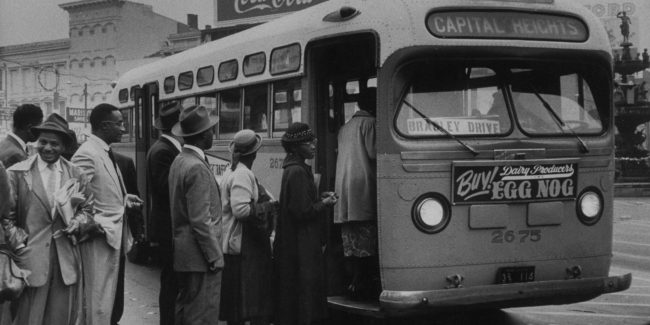
African Americans boarding an integrated bus following the Supreme Court ruling, a result of the successful 381-day boycott of segregated buses. Photo by Don Cravens. Source: Time Life Pictures/Getty
Jeanne Theoharis provides a description on the Rosa Parks Biography website,
Learning from previous cases where the state has succeeded in tying up challenges in state court, Fred Gray filed a separate case in federal court challenging Montgomery’s bus segregation. Rosa Parks was not a named plaintiff on that case. Gray didn’t want Parks’ state case to be a reason this new case would get thrown out, and Parks’ long history with the NAACP was risky.
In the wake of the Brown decision, the organization was being red-baited and would be outlawed in Alabama in June 1956. Parks had been accused by many whites as a “Communist plant” or “NAACP plant” (though most seemed unaware of her work with the organization).
Four women — Aurelia Browder, Claudette Colvin, Mary Louise Smith, and Susie McDonald — would serve as the plaintiffs on this case; Jeanetta Reese was named as the fifth plaintiff on the original suit but pulled out a day later under severe pressure from her white employer.
On November 13, 1956, the US Supreme Court affirmed the US District Court’s historic June decision finding Montgomery’s bus segregation unconstitutional.
On December 20, 1956, the US Supreme Court’s orders of injuction against segregation on city buses are delivered to the Montgomery City Hall.
To learn more, we recommend Daybreak of Freedom: The Montgomery Bus Boycott, a documentary history of the boycott with more than one hundred original documents that create a comprehensive account of the year-long protest.
Find more resources below.

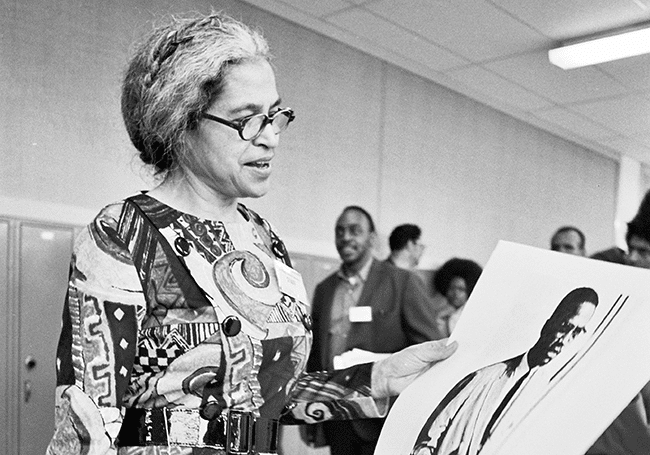
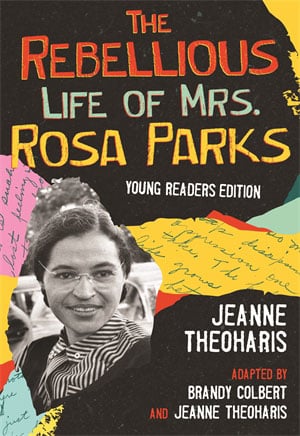
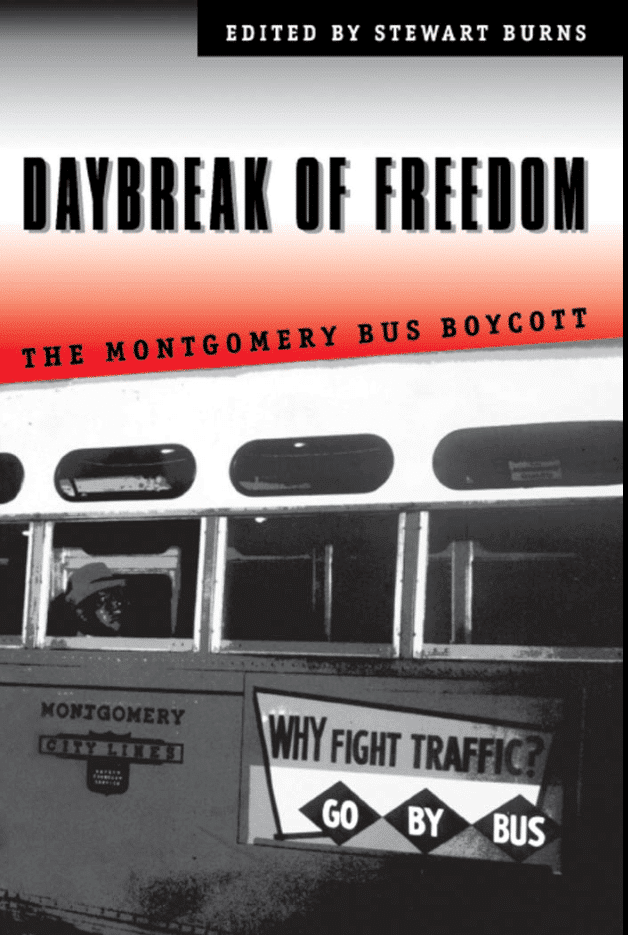
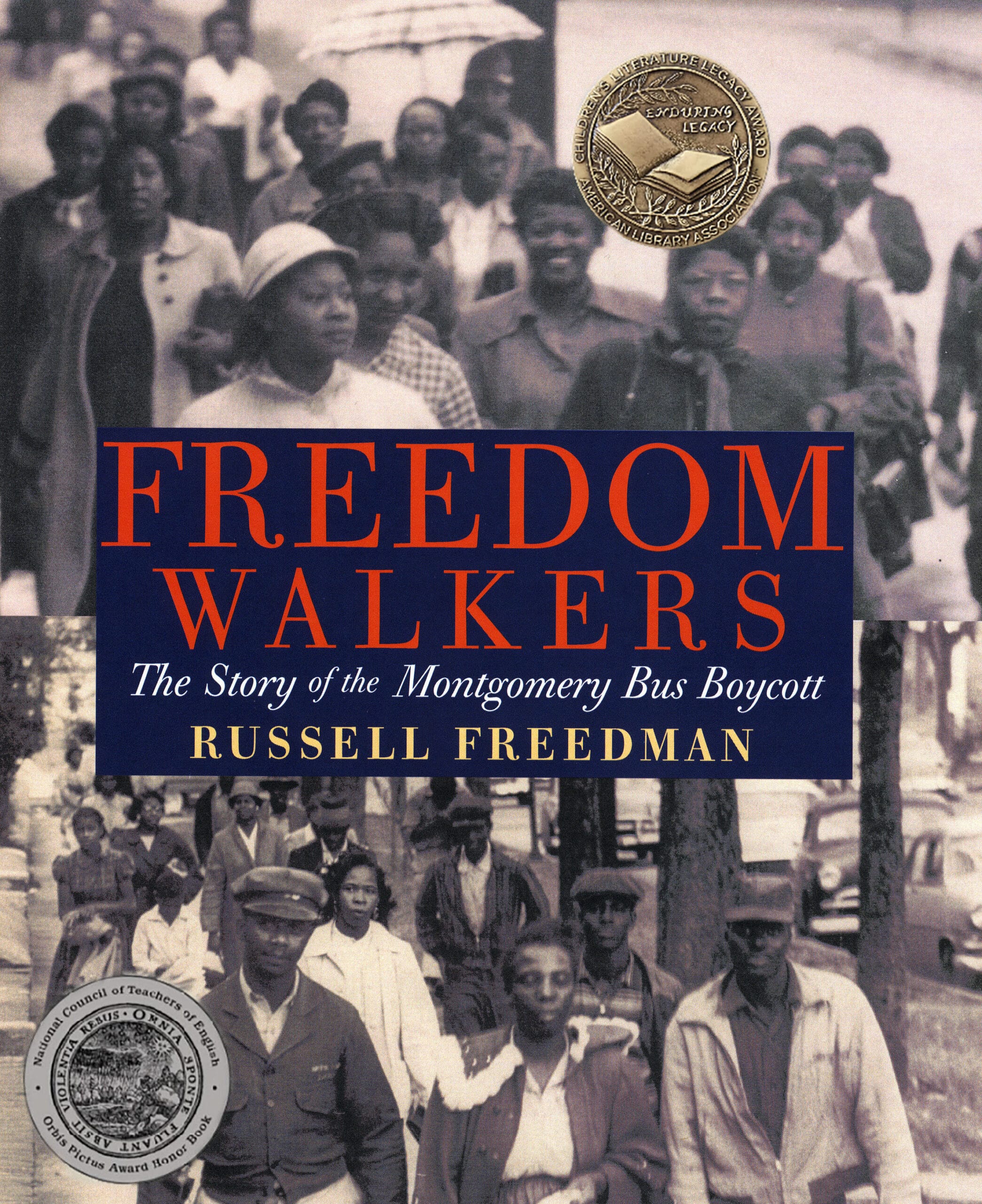
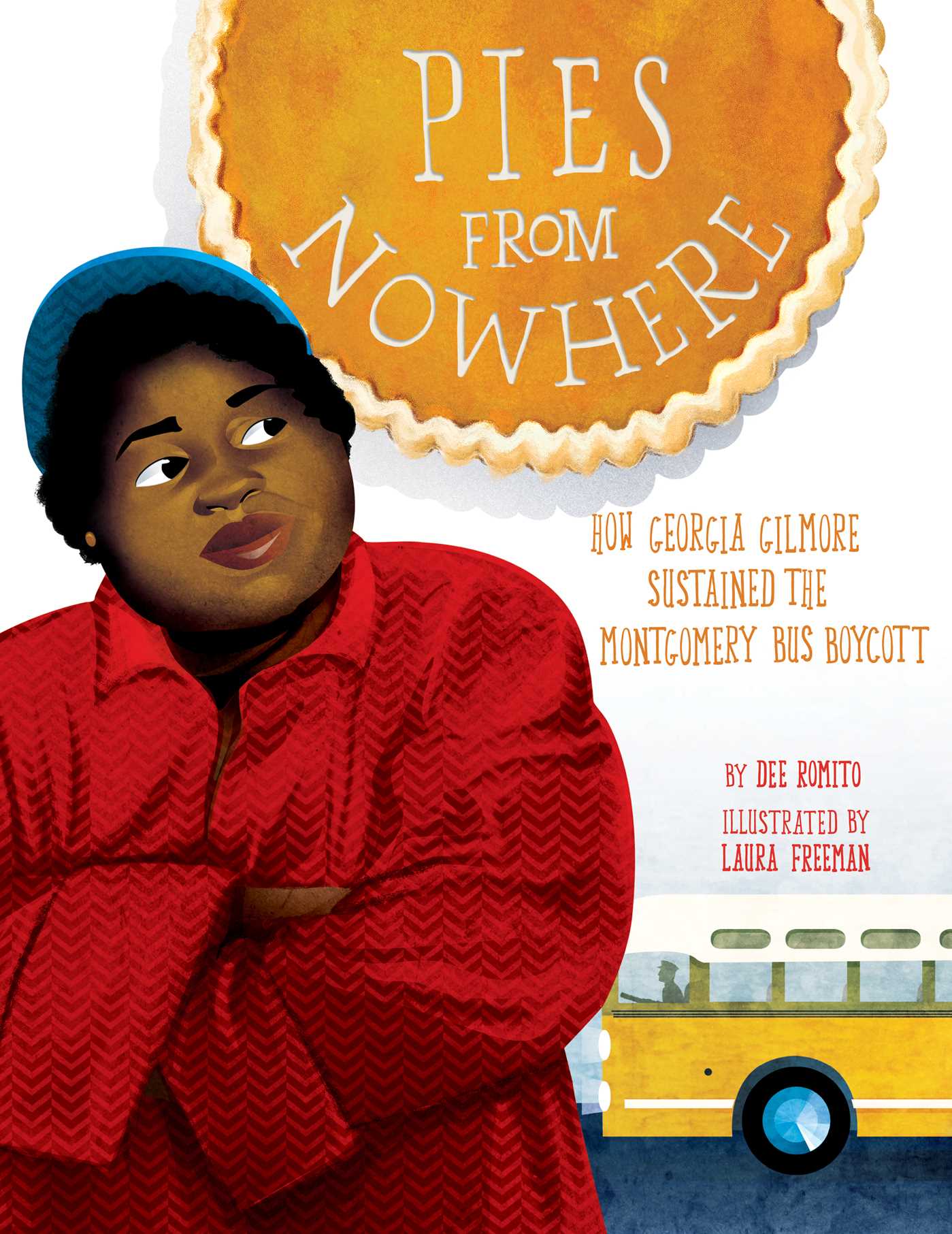


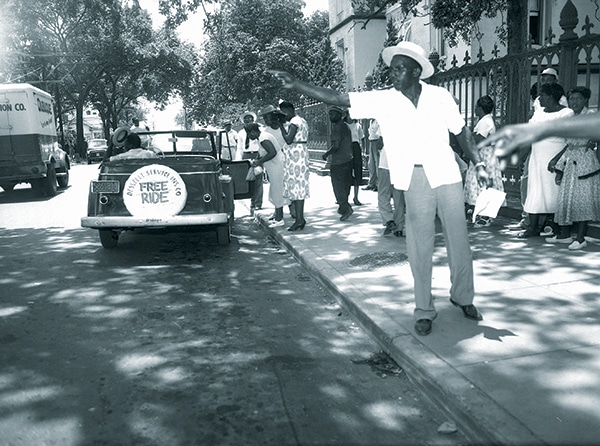

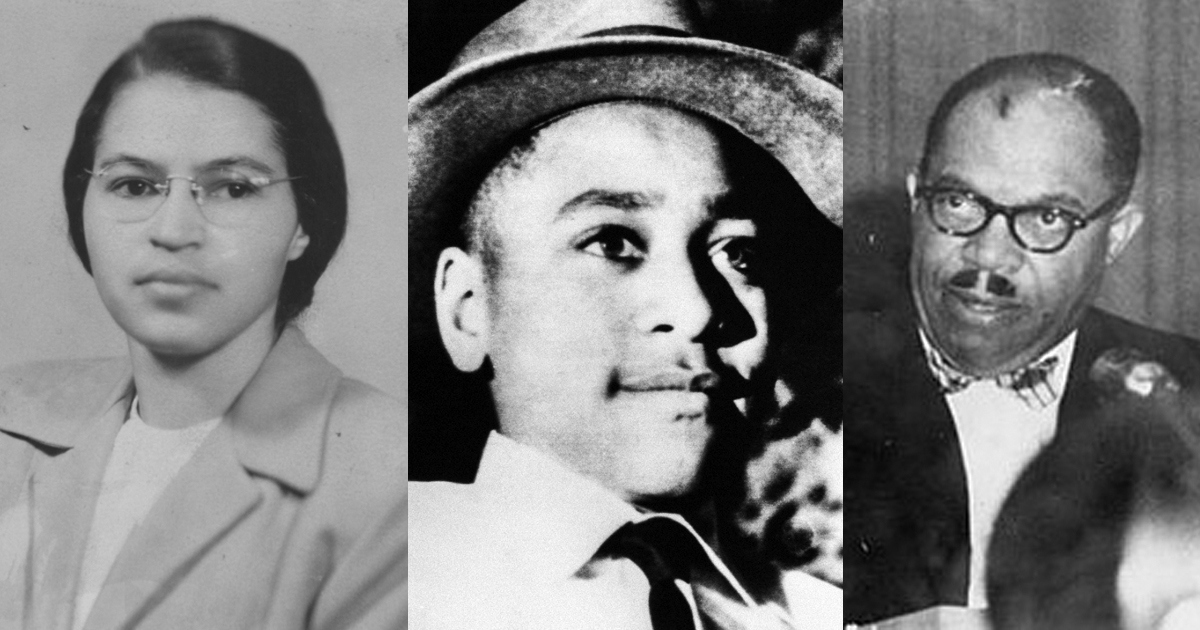
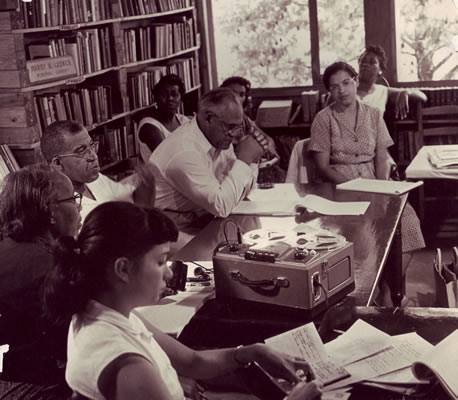
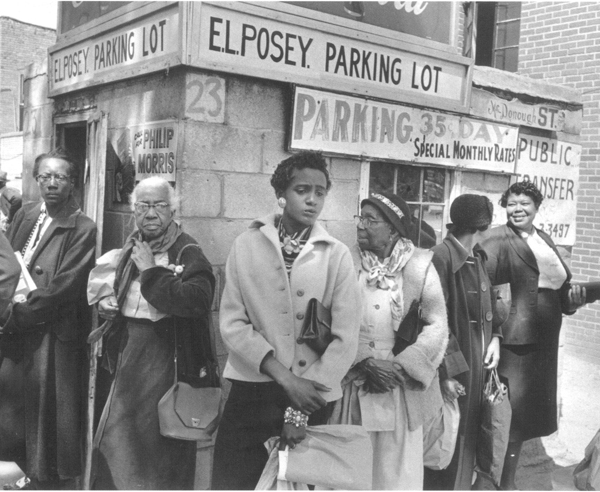





Twitter
Google plus
LinkedIn